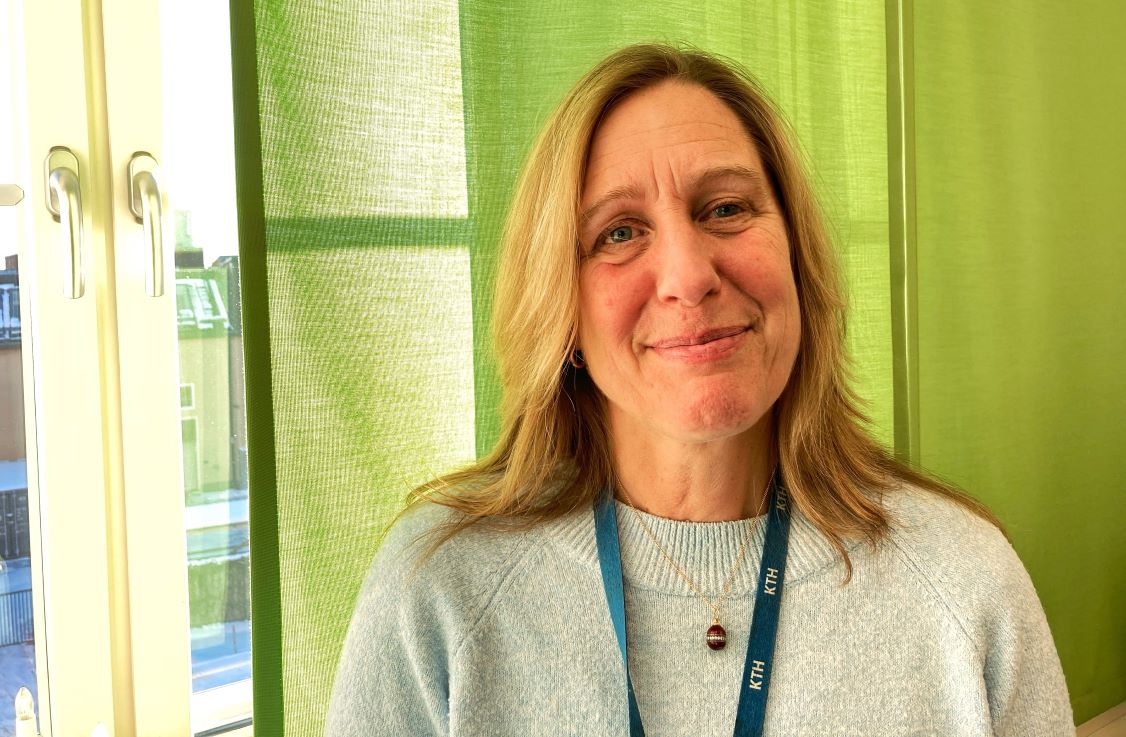
The answer to the question was simple in this case. The agreement was signed and registered and the terms and conditions clearly stated what was involved. This is just one example of why it is important to have co-operation agreements in place.
Research projects can last several years, and consortia consist of international partners from both academia and industry. Often there has been no problem in previous projects, they see each other as colleagues, and the projects seem simple and straightforward.
But it is when the unexpected happens that the agreement is most needed.
When the result you helped create becomes the next big innovation and you, perhaps unintentionally, gave it away. The Austrian partner in your EU project breaches the contract and KTH has to pay damages that are far higher than the grant component.
Preparing for the unexpected is what KTH’s business lawyers help with. As a government agency, KTH has different legal conditions than private actors and must make its risk assessment based on applicable law. But at the same time, we must ensure that KTH’s researchers can continue to research the results that are generated, and ensure that individual researchers who want to commercialise their results can do so.
When it feels like negotiations are taking a long time, remember that it can pay off several years ahead!
Maria Gustafson, Head of Research Support Office
